The new Defense Minister, Dong Jun, may add new drama to the 46th image (prophecy) of the Tui Bei Tu. (Truth of the People provided the report.)
[People News] On April 8, 2025, Dong Jun, the current Minister of Defense of the Chinese Communist Party, met with Babar, the Chief of Air Staff of the Pakistan Air Force, during his visit to Beijing. Dong Jun has recently been making frequent public appearances, including a meeting in March with a delegation from the Gulf of Guinea Security Situation Seminar in Shanghai, and participating in the closing activities of the China-Thailand 'Blue Assault-2025' naval joint training in early April. Earlier, a report by the Financial Times in November 2024 indicated that Dong Jun was under investigation for corruption, marking the third consecutive defense minister to be embroiled in corruption rumors. However, the official response quickly dismissed these rumors, with the Foreign Ministry labeling them as 'groundless' and the Defense Ministry calling them 'pure fabrication.' Following this, Dong Jun made several appearances at official events, leading to speculation that the situation had calmed down. In the context of intense power struggles within the upper echelons of the Chinese Communist Party, the significance of Dong Jun's appearances has sparked considerable debate.
The rumors regarding Dong Jun's downfall stemmed from a November 2024 report by the Financial Times, which cited U.S. sources claiming he was under investigation for corruption and might be linked to the case of Miao Hua, the Director of the Political Work Department of the Central Military Commission. Miao Hua was confirmed to have been dismissed in December due to 'serious disciplinary violations,' with rumors suggesting that Dong Jun had implicated Miao Hua in an attempt to protect himself. However, this was not confirmed by officials, and instead, Dong Jun has been making frequent public appearances since December, from meeting foreign guests in Shanghai to engaging in military diplomatic activities, suggesting that his position remains secure. This series of actions does little to mask the intensity of the internal power struggles within the Chinese Communist Party, but rather appears to be a facade of harmony maintained under pressure.
Dong Jun's recent appearance may be a strategic maneuver by the Chinese Communist Party (CCP) leadership in the midst of an escalating power struggle. As the first defense minister with a naval background, his appointment is significant; should he be ousted quickly, it would severely damage military stability and Xi Jinping's authority. Currently, the military's anti-corruption campaign is ongoing, with the previous two defense ministers, Wei Fenghe and Li Shangfu, under investigation for corruption, and the Miao Hua case further revealing factional conflicts at the top. If Dong Jun is implicated but not immediately removed, it may be due to his naval background or critical position being temporarily preserved. However, this does not indicate a solidification of power; rather, it reflects the CCP's deliberate strategy to avoid visible internal strife and maintain the legitimacy of its rule. His frequent public appearances are intended to convey to both domestic and international audiences that the military is 'operating as usual,' masking the fractures caused by the power struggle.
The external environment also pressures the CCP to present a facade of harmony. U.S.-China relations have soured due to Trump's reciprocal tariff policies, increasing the risk of military confrontation. The CCP urgently needs to stabilize military morale to address potential crises. As a representative of military diplomacy, Dong Jun's appearance not only counters rumors of his downfall but also aims to demonstrate the coherence of the Chinese military to the international community. Nevertheless, the lingering shadow of corruption involving three consecutive defense ministers is difficult to shake off, exposing the entrenched corruption and factional struggles within the military. Dong Jun's public engagements may simply be a performance in the ongoing power struggle; if new evidence surfaces or factional conflicts escalate, his position could still collapse at any moment.
In summary, Dong Jun's appearance is a tactical response by the CCP amid intense power struggles, and the superficial harmony cannot disguise the internal crises that are brewing. The stability of the military's leadership is merely a temporary illusion, while the real contest continues to unfold behind the scenes.
(First published by the People News)

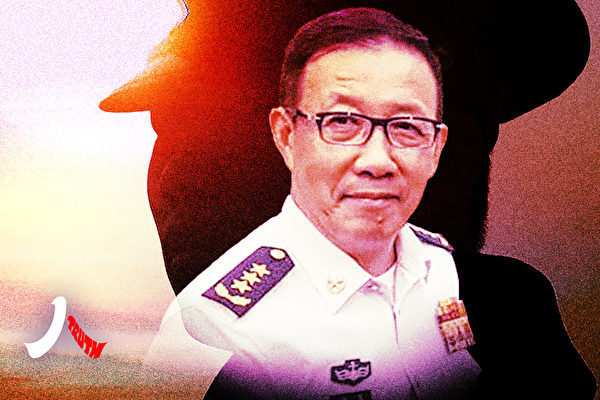

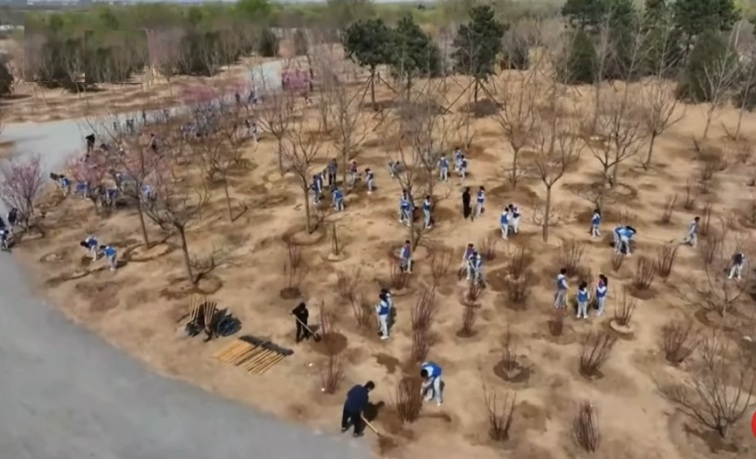
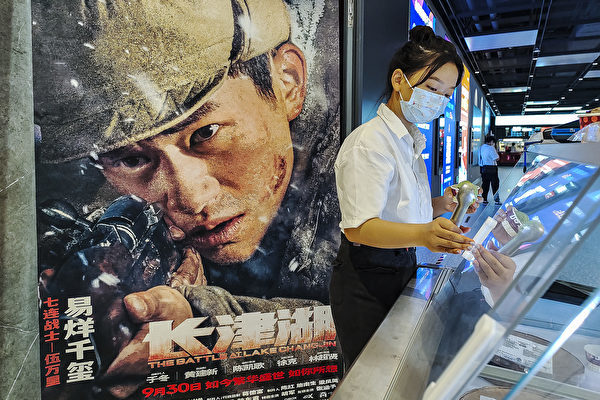
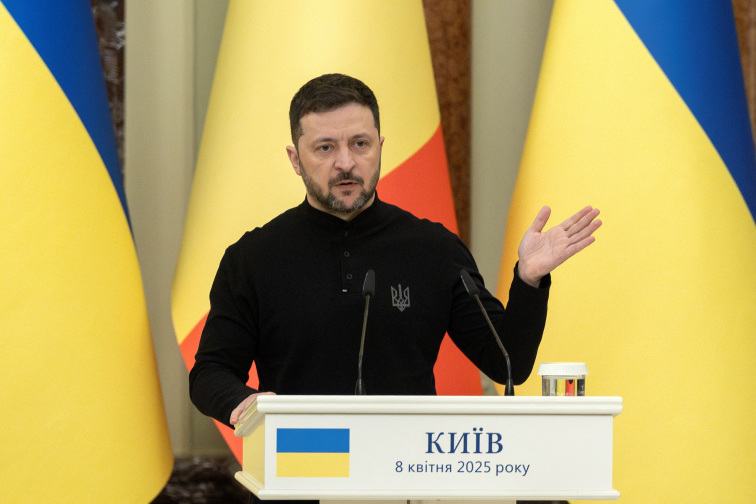
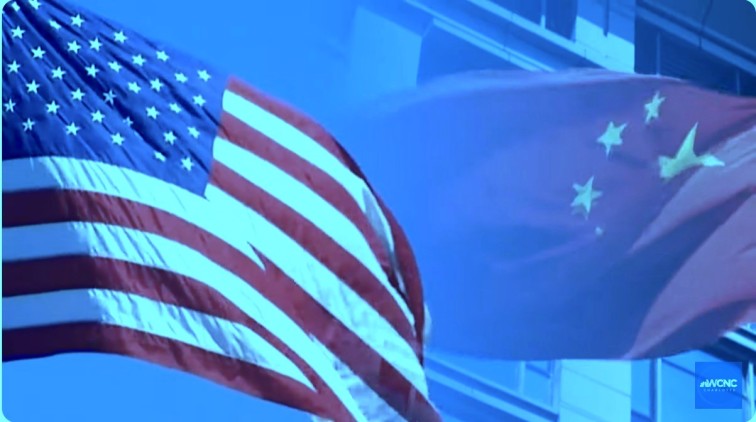
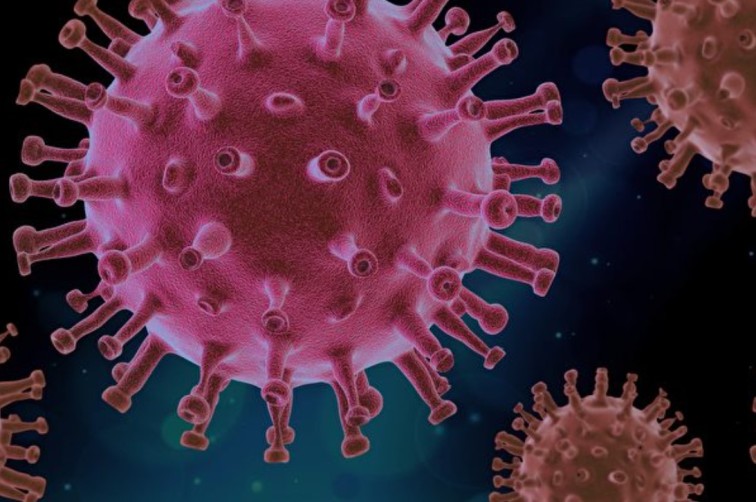
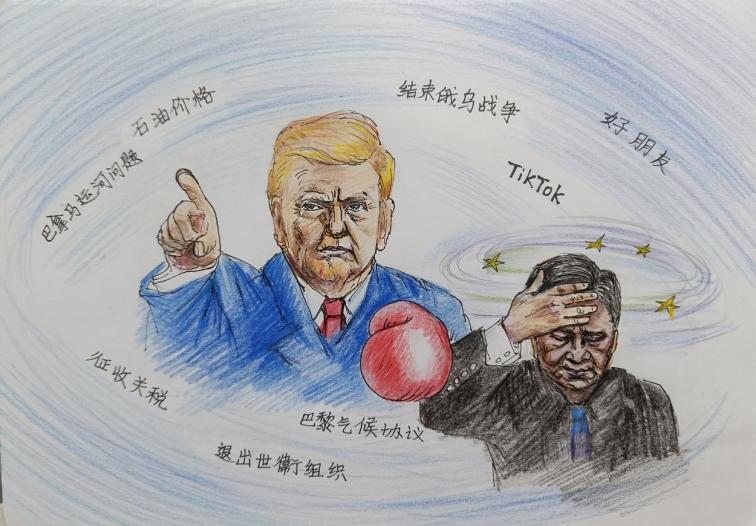
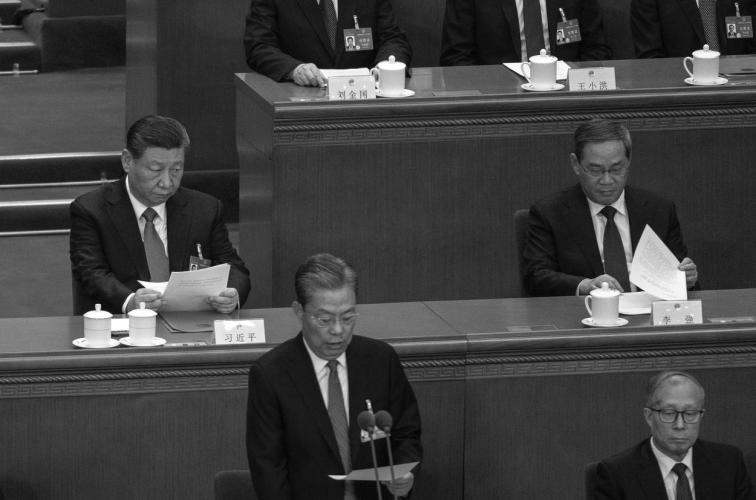

News magazine bootstrap themes!
I like this themes, fast loading and look profesional
Thank you Carlos!
You're welcome!
Please support me with give positive rating!
Yes Sure!